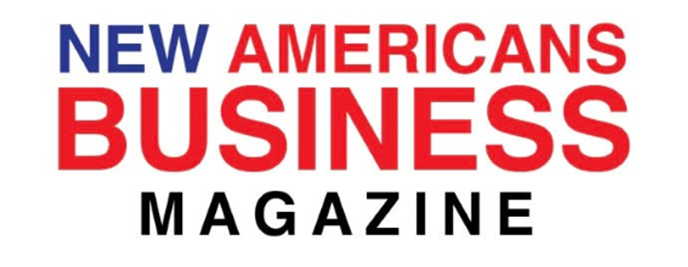
By Donald Payne, Jr.

As we enter 2021, right now is a historic time when it comes to interest rates on a home loan. I recently had people ask about home refinancing and I wanted to provide some clarity to what that process looks like and some pros and cons.
What does home refinancing mean?
If you own a home, you have a mortgage on that home. You can get a new mortgage or a new loan which is called refinancing. To refinance you would go through a mortgage broker, a bank, or a credit union. Typically, the process takes 30-60 days. If you remember when you purchased your home, they require a new appraisal.
Why would I consider refinancing?
Right now, interest rates are the lowest. The only other years in comparison are 1960 and 2012. By lowering your interest rate, you save money. You can also change the term of your loan from a 30 year to a 15-year loan to reduce the interest you pay and the length of the mortgage. Another reason to consider refinancing your current mortgage is to use the equity in your home to handle a major financial need and you need cash for it. This type of refinancing is called a “cash out refi.” In doing a “cash out refi,” it will increase your mortgage balance and will be based off of the loan to value ratio that the bank, credit union, or mortgage company requires. It can be anywhere from 70%-95%.
- To gain a lower interest rate
- To receive some cash out of the property for life: kids’ college, other debt reduction or major purchases or home repairs.
When can I refinance?
Typically, the earliest you can refinance the current mortgage is at the end of six month after your home was purchased.
- After six months of purchase
What do I need to watch out for when refinancing?
In refinancing, watch out for high closing costs from the lender. Typically, their fees can be as high as 1% of the loan value. If higher than that, I suggest shopping around. Another thing to watch out for is to “lock” your interest rate with the lender so that the rate isn’t different at the closing table.

As a part of the process, you will typically pay an appraisal fee, lender’s closing cost, and title fees. These are standard fees which vary in costs. But if the whole transaction costs you more than 3% of the loan amount, shop around.
- High Lender Closing costs
- Interest rate
- Standard costs: Appraisal Fee, Title Fees, Closing Costs
What are other options?
Another option besides refinancing your current mortgage is utilizing your home equity line of credit. Home Equity Line of Credit (HELOC) is different from a refinance. The HELOC is a revolving line of credit on the equity of your home. You can use a portion of the money, pay it back; then access it at a later time. Also, the HELOC is interest only payments. This ranges 70%-95% loan to value depending on the financial institution.
A Home Equity Line of Credit (HELOC)
HELOC is a second mortgage which typically is a revolving line of credit.
Sometimes it can be a higher interest rate or a lower interest rate; but you only get charged on what you use.
To learn more about your options and requirements, reach out to your local financial institution.
(Donald Payne, Jr. is Associate Broker, Vision Realty, Inc., 4608 N High Street, Columbus, OH 43214. Telephone” (614) 447-3173. Email: donaldpaynejr@visionrealty.com. IG:donald.pyn. Facebook.com/donpaynevisionrealty)




